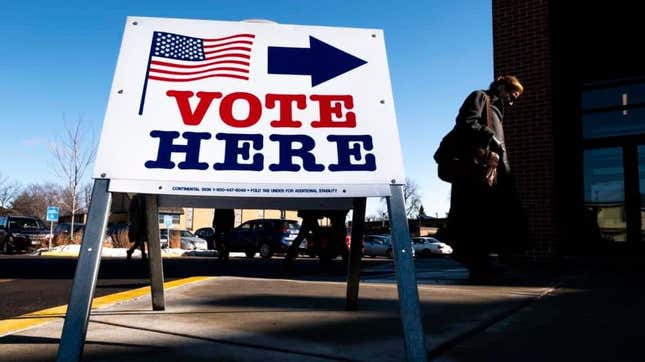Republicans Account for About 150,000 Signatures in Support of Florida’s Abortion Ballot Measure
"What’s clear is people from across the political spectrum don’t want the government making decisions for them," the measure's campaign director told Jezebel.
AbortionPolitics

Back in May, Florida abortion rights advocates began collecting signatures to get a measure on the November 2024 ballot that would enshrine abortion rights in their state. Since the Supreme Court overturned Roe v. Wade, several states have put abortion rights on the ballot, and from Kansas in August 2022 to Ohio just last month, abortion rights have won handily.
Florida abortion rights advocates believe their state is next. As of this week, the Florida Division of Elections reports that it’s validated 687,699 of the 891,523 signatures needed by February 1 to get the measure on the ballot. Floridians Protecting Freedom says that it’s submitted over 1.3 million signatures total—and more than 150,000 of those signatures come from registered Republican voters.
-

-

-

-

-

-

-

-

-

-

-

-

-

-

-

-

-

-

-

-

-

-

-

-

-

-

-

-

-

-

-

-

-

-

-

-

-

-

-

-








































